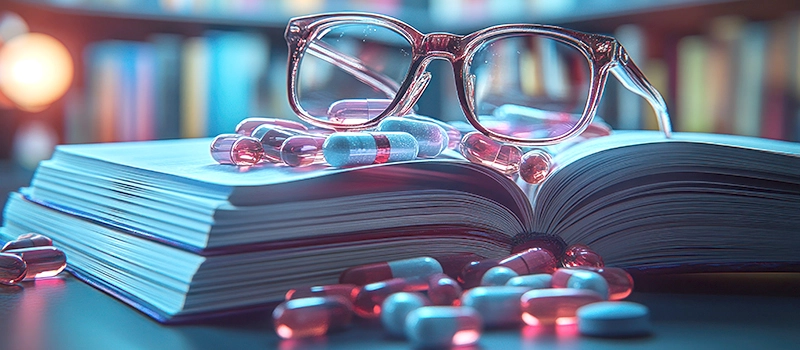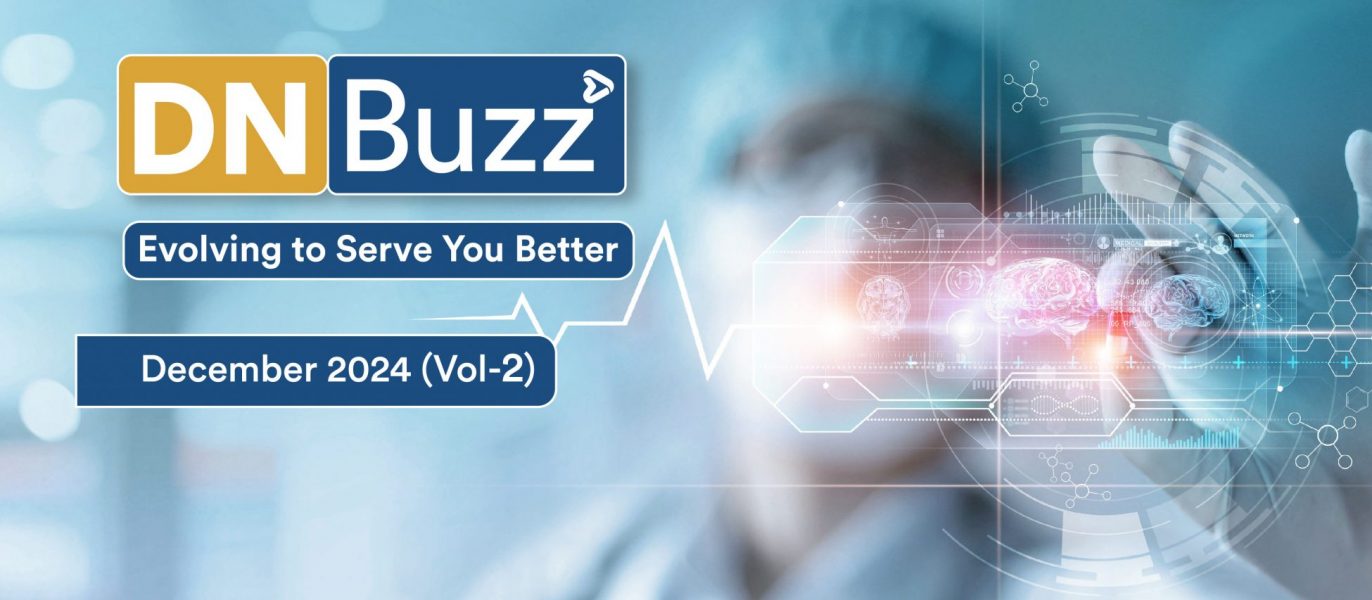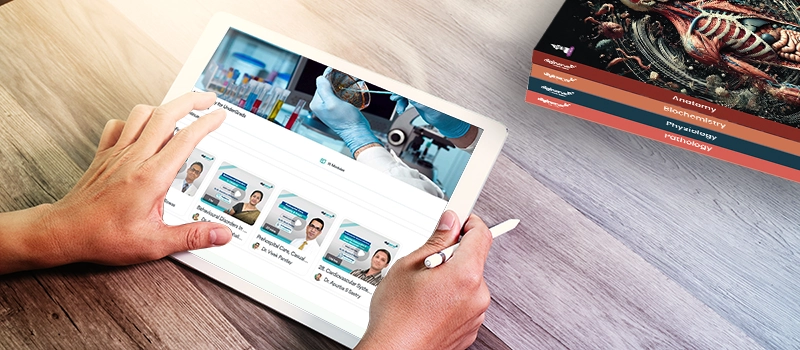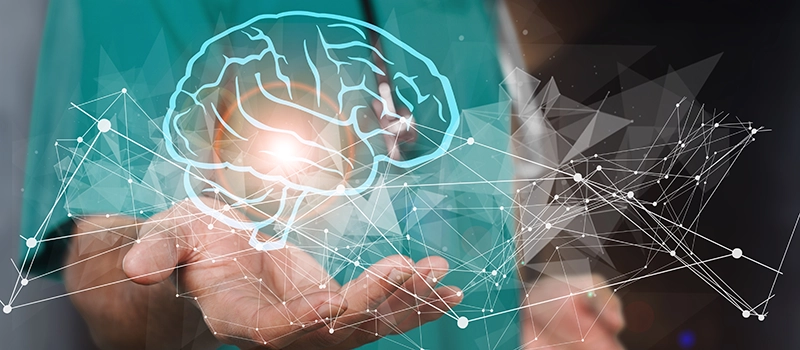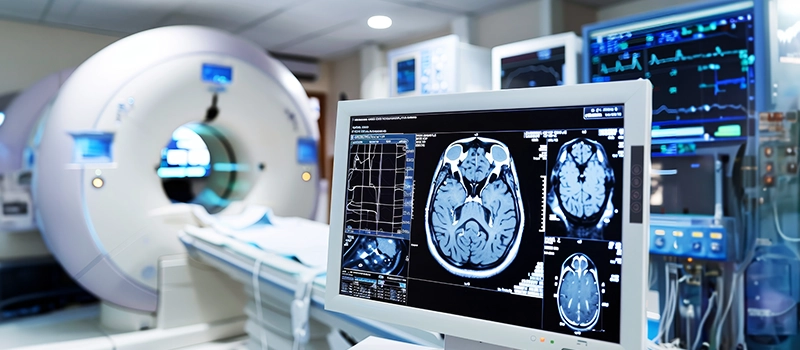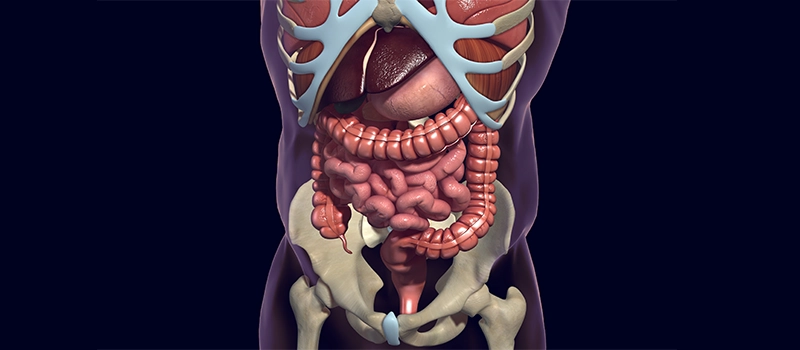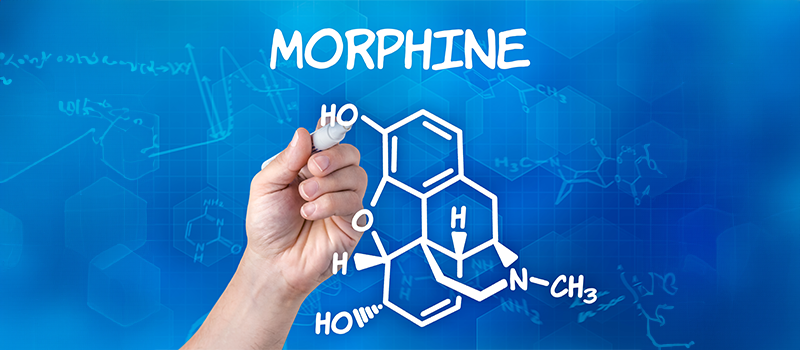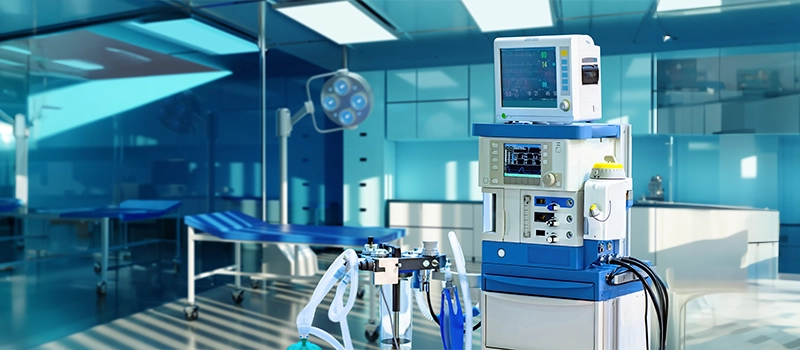
How AI is Transforming Diagnosis and Treatment in Medicine
Artificial intelligence (AI)is the field of dedicating to creating machines that can mimic human cognitive abilities such as learning and problem-solving through algorithms or of rules. AI systems are designed to anticipate issues and address them in an intelligent adaptive way. They excel at recognizing patterns and relationships in extensive and varied datasets. For instance, AI can synthesize a patient care complete medical history into single number that suggests a possible diagnosis. Additionally, AI systems continuously evolve and improve as they process more date.
AI encompasses several distinct subfields, including (machine learning) ML and deep learning algorithm (DL) which work individually or together to enhance application intelligence. Machine learning models involves algorithms that enable computers to automatically improve from experience. ML can be further divided into supervised learning, unsupervised learning, and reinforcement learning (RL).
Supervise learning uses labeled data to train algorithms such as using annotated X-ray images to identify tumors in new images. Unsupervised learning aims to discover patterns in unlabeled data, like grouping patients with similar symptoms to find common cause. Reinforcement learning allows algorithms to learn by trial and error or through expert guidance optimizing strategies to maximize rewards. Recent AI breakthroughs have heavily relied on RL.
Deep learning algorithm a subset of ML, involves complex algorithms that process data through numerous interconnected layers. This approach has become crucial in AI, driving advancements in field such as image and speech recognition.
How is AI Changing the Healthcare Industry?
The integration of artificial intelligence into healthcare industry has brought about remarkable advancements across several areas. AI systems excel at processing vast amounts of medical record, enabling rapid analysis to uncover trends, anomalies, and patterns that would be too complex or time-consuming for humans to identify.
This capability significantly enhances diagnostic accuracy for example, AI powered radiology tools can detect abnormalities in imaging scans with exceptional precision, leading to earlier and more accurate diagnosis.
Furthermore, AI contributes to personalized treatment planning by evaluating a range of factors including genetic information, lifestyle, previous health records, and current conditions, resulting in treatments tailored specifically to individual patients and potentially improving outcomes.
AI predictive analytics analytics can forecast health risk and disease progression by analyzing patient data patterns which is crucial for preventive care and managing chronic conditions.
Additionally, AI streamlines administrative tasks such as scheduling, billing, and patient record management, thereby boosting overall healthcare efficiency. Overall AI’s role in healthcare professional is transformative providing powerful tools that enhance data analysis, diagnostic, and treatment, and paving the way for more personalized and efficient healthcare delivery.
AI In Medical Imaging and Medical Diagnosis
AI integration in various areas of medical diagnosis has been a innovative change in the fields of medical analysis and predictive diagnostic.
Application of Deep Learning
Deep learning, a subset of AI utilizes neural networks that excel at processing and interpreting complex data sets. These networks are applied to images from X-rays, MRIs, and CT-scans, enhancing the analysis of medical imaging.
Enhanced Pattern Recognition
AI algorithms are specifically trained to detect abnormalities in medical images, identifying patterns that may not be visible to the human eye. This capability improves diagnostic accuracy especially for early disease detection.
Consistency and Speed
AI system provide consistent analysis unaffected by human factors like fatigue or subjective bias. They process images much faster than human radiologists leading to quicker diagnosis and timely treatments.
For example: AI has demonstrated notable success in detecting diseases such as breast cancer in mammograms and identifying lung nodules in chest X-rays.
Predictive Diagnostics
Data Analysis for Disease Prediction
Artificial intelligence tools extensive patient data, including medical history, vital signs, genetic information, lifestyle factors, and real time biometrics to predict disease risks.
Early Identification of Risk Factors
By identifying patterns and correlations in the data, AI can forecast the likelihood of diseases such as diabetes, heart attacks, or strokes before clinical symptoms appear.
Personalized Risk Assessments
Artificial intelligence provides personalized risk assessments enabling targeted preventative measures and early interventions based on individual patient data.
Continuous Monitoring and Learning
Artificial intelligence continuously improve their predictive accuracy by integrating new patient data, research findings and evolving health trends.
Artificial Intelligence in Pathology
- In pathology AI is utilized to analyze tissue samples with greater precision than traditional methods. It examines cell patterns to identify disease indicators including cancer.
- Artificial Intelligence has significantly improved the accuracy of diagnosing various cancers such as breast, lung, and skin cancer. It helps in distinguishing between benign and malignant tumors and assessing cancer severity.
- The integration of AI in pathology labs automates and streamlines workflows reducing the workload of pathologists and allowing them to concentrate on more complex cases.
Artificial Intelligence in Treatment Management
AI advancement in healthcare sector revolutionize treatment methodologies and diagnostic procedures. There are three areas in which AI is making impact i.e. Treatment plan, Drug development and Robot-assisted surgery:
Personalized Treatment Plans
- AI algorithms analyze a wide range of factors including a patient’s genetic profile, lifestyle, previous health records, and current health conditions. This comprehensive analysis facilitates the creation of highly individualized treatment options that cater specifically to each patient’s needs.
- AI is adept at interpreting complex genetic data which can predict a patient’s susceptibility to certain diseases and their potential response to various treatments. This capability is particularly significant in oncology where cancer treatments can be customized based on genetic mutations.
- In addition to genetic information AI system consider lifestyle and environmental factors offering a holistic approach to treatment planning. This broader perspective can lead to more effective management of chronic diseases such as diabetes and heart diseases.
- Wearable health devices integrated with AI enable real-time monitoring of patient health. This continuous data collection allows for ongoing adjustments to treatment plans ensuring they remain effective and responsive to changes in the patient’s condition.
Drug Development
- AI algorithms can process extensive biological and chemical data at unprecedented speeds significantly speeding up the drug discovery process. This acceleration helps in identifying potential new treatments more quickly.
- AI models can predict how different drugs will interact with various diseases which aids in discovering new uses for existing drugs (drug repurposing) and in avoiding harmful drug interactions.
- By enhancing the efficiency of the drug development process AI helps lower the overall costs and time required facilitating faster access to new treatments for patients.
- AI can improve the design of clinical trials, assist in identifying suitable candidates and monitor trial progress. This optimization enhances the efficacy and safety of new drugs making clinical trials more effective.
Robotic-Assisted Surgery
- AI-powered robotic systems provide surgeons with greater precision and control during procedures. These robots enable complex surgeries to be performed with minimal invasiveness which is particularly advantageous in fields such as neurosurgery and orthopedics.
- AI improves surgical visualization by providing detailed 3D models of the patients anatomy. This advanced visualization aids in planning and navigating complex surgical procedures leading to better outcomes.
- Surgeries assisted by AI-driven robots typically result in smaller incisions, reduced blood loss, and a lower risk of infection. These factors contribute to shorter recovery times and quicker hospital discharges.
- AI driven simulations allow surgeons to practice and refine their skills in a virtual environment. This training enhances their proficiency and enhancing surgical precision. AI contributions are pivotal in creating a more tailored, efficient and advanced medical treatment landscape.
Frequently Asked Questions (FAQs)
Q1. What is the future of AI in healthcare?
Ans. The use of AI, inclusive of Generative AI, in healthcare is evolving rapidly and has the ‘potential to enhance healthcare outcomes by improving clinical trials, medical diagnosis and treatment, self-management of care, and personalized care.
Q2. What is the use of artificial intelligence in therapy?
Ans. When people come to them with a given problem or stressor, these bots respond in ways a real therapist might — they ask questions, suggest coping mechanisms, set goals and offer to hold users accountable. In some cases, they use AI to track, analyze and monitor the person’s mood, mimicking a human therapist.
Q3. What AI is used in medicine?
Ans. AI is primarily utilized to increase speed and accuracy in the healthcare realm. Some of the current uses of AI in this field include Diagnosing Patients: AI algorithms analyze medical imaging data, such as X-rays, MRIs, and CT scans, to assist healthcare professionals in accurate and swift diagnoses.
Q4. How is AI being used in robotic surgery?
Ans. In robotic surgery evaluating surgical skills for basic surgical skills, algorithms can be trained on robotic system data consisting of kinematic, intraoperative events and video data, in combination with postoperative outcomes, to develop automated performance metrics and predict intraoperative performance.
Related post
